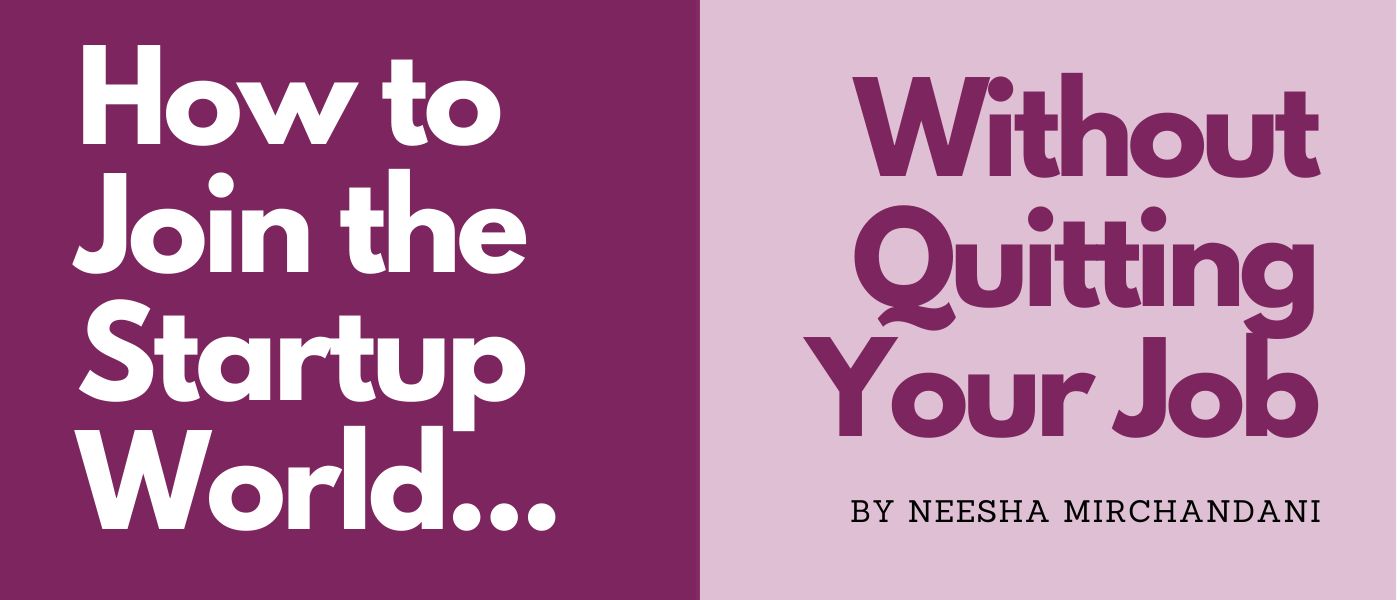1,268 reads
Can You Join the Startup World Without Quitting Your Job?
by
August 30th, 2020

I connect growth companies to capital, connections & customer success. Lover of dogs and sushi!
About Author
I connect growth companies to capital, connections & customer success. Lover of dogs and sushi!
